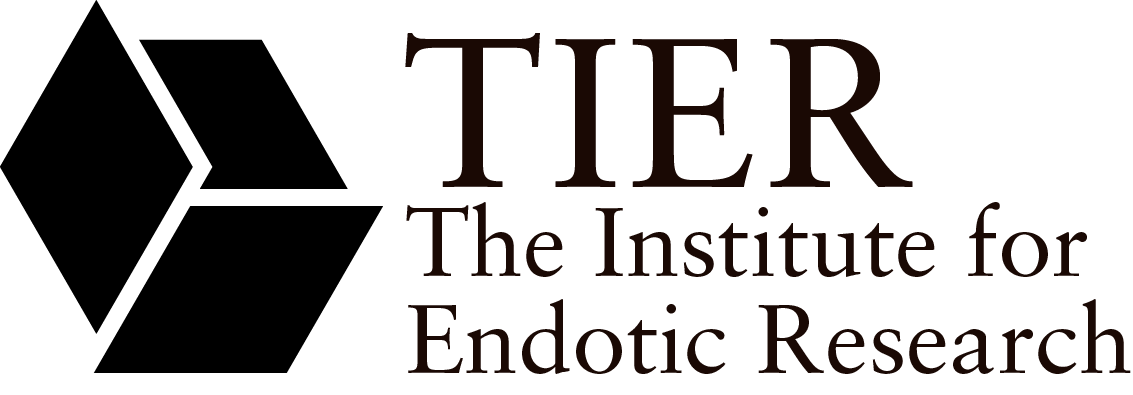 July 19-21. Approaches to What? Reading Bodies Reading Archives.
July 19-21. Approaches to What? Reading Bodies Reading Archives.
This event is part of ‘The Institute for Endotic Research: Reading Bodies’. Module #3 of AFFECT Agora´s Program of Collaborative Artistic Practices in Berlin.
______________________________________________________________
A series of interventions in 3 different archives rehearsing with the possibilities of the library as a ‘place for encounters’: encounter of new reading materials; as a content display through its spatial design and the library as a social space, where the readers place the body to read and to share what they gather.
______________________
– 19.July. 19:00. Self-publication archive of Broken Dimanche Press.
Ally Bishop, Maria Cerón, Maira Dietrich, Sophie Kitson, Marié Nobematsu-Le Gassic and Paula Querido van Erven in:
The Self-Publishing Archive
Büro BDP
Mareschstrasse 1, 12055, Berlin
19:00 – 21:00
Tuesday 19th of July 2016
What’s the life of a book after it’s been read?
What is the temporality of an archive? How can archives speculate on the future?
What are the minor expressions of the archive?
How do you play/perform an archive?
What gestures of care does the archive produce?
What are the spaces of creative rupture in an archive?
How does the ‘stickiness’ of archive objects operate as a navigational tool?
What are the points of linkage between objects in an uncurated archive?
How do you read a book without reading?
What are the more-than-human modes of expression and language given in the materiality of books, of objects?
How does the archive reify / challenge the idea of how a book functions?
How does one create accessibility, availability?
How can the archive offer us advice on how to relate to the world and one another?
How many dimensions has a word, a poem, a text? Is possible to approach it through the interaction/activation of an archive?
How many times can you fold a page onto itself?
Can you make paper works and save your life?
How can we catalogue this archive in a way that it involves a more physical interaction?
What does it mean to ‘save’ a book?
How can the archive be activated with the abstraction of the objects they contain?
What is the space between YES and NO?
What gives the archive authority?
What gets left out of the archive?
What can the archive not capture?
Broken Dimanche Press
Mareschstrasse 1, 12055 Berlin, Germany
———————-
-20.July. 18:00 Savvy Contemporary.
Research Presentation with Michael Jevon Demps, Laura Genevieve Jones, Del Hardin Hoyle and Anya Yermakova
.
How do archives contain the intangible?
Do archives reference the body towards the spiritual?
How is the “third world difference” produced to create colonial discourses?
Could be interesting to share this archive with the countries and cultures it is based upon?
How is information disseminated?
Where are the black women writers?
How does the intangible content of the archive relate to its tangible counterpart?
How can we share and communicate the journey of going from tangible to intangible (or the other way around) to the other?
Given the colonial history of Berlin (and Germany in general), how does the archive (the amassing of books and other informative objects) contribute to the reconciliation of systemic destruction of knowledges bases (i.e. book burning during the Third Reich)?
How does the archive reify / challenge the idea of how a book functions?
The archive is a site of knowledge and power, what are the best ways to implement these without perpetuating coloniality??
What gestures of care does the archive produce?
How can the archive make the human body in it feel – like a historical site – a sense of oneness with other materials?
What is a book that could live in an archive? What is a book that could not?
How can we subtract the weight of the ink in a book?
What is the negative space of the archive (that builds a story)?
SAVVY Contemporary
c/o Silent Green, Plantagenstraße 31, 13347 Berlin-Wedding
Wednesday 20th of July 2016 from 19:00 to 21:00
.
——————-
-21. July. 19:00. dissident desire archive. District Berlin.
Kate Chen, Femke Fredrix, So Hee Kim, Jana Pacheco and Sophia Schultz in:
.
How can an archive activate a performance?
How can personhood be curated?
How can the archive be intervened towards reflecting nuances of identity fluidity?
What are the points of linkage between objects in an uncurated archive?
Could the action of consulting an archive be regarded as a performatic experience?
Who curates an archive?
What role does the “orange elastic band” fulfill in district’s archive? Can we elevate this object as a matter of utmost importance for this archive?
If our bodies together can shape an archive, can the archive be a body itself?
How can the archive be alive? How can archive breathe?
How can agency exist within a gallery space?
Can you make paper works and save your life?
How can the curated space productively take advantage of the experience of distraction?
______________________________________________________________
dissident desire is an ongoing art and research project by Suza Husse and Lorenzo Sandoval on the body as an archive of political and material fluxes and the resilient performativity of precarious bodies in the everyday. Developed through performance, exhibition, archive and publication formats at District Berlin since 2013, dissident desire assembles a toolbox for political imagination.
dissident desire archive
DISTRICT Berlin
Malzfabrik, Bessemerstraße 2-14
12103 Berlin
